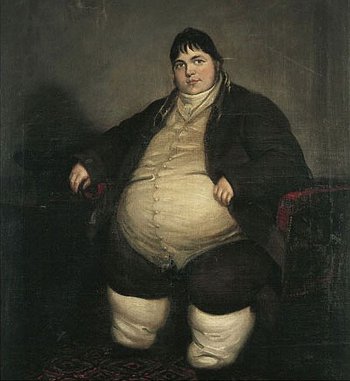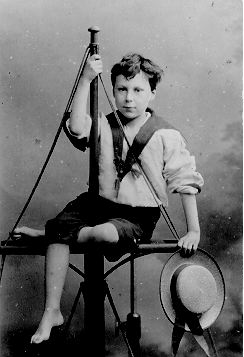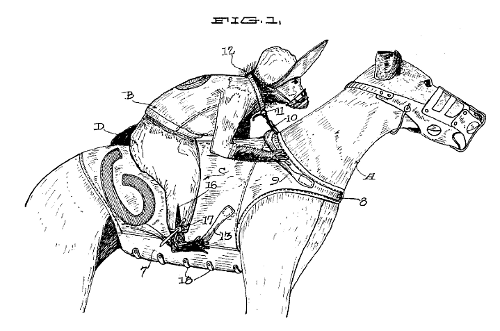
aletude
n. corpulency
gundygut
n. a voracious eater
“Imprisoned in every fat man a thin one is wildly signalling to be let out.” — Cyril Connolly, The Unquiet Grave, 1944
“Outside every fat man there was an even fatter man trying to close in.” — Kingsley Amis, One Fat Englishman, 1963






